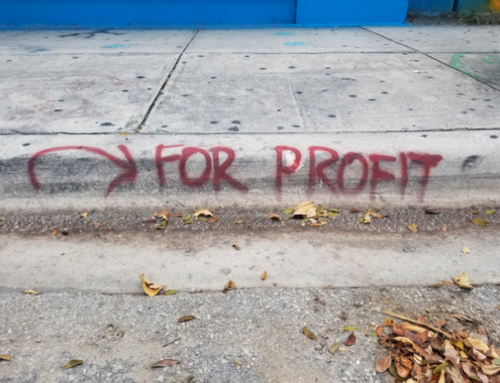It’s hot. Really Hot. Record-breaking hot. And your phone is ringing off the hook. Many HVAC company owners are overwhelmed during the peak months of July and August. They’ve got more calls for installations and repairs than they can handle, and they hate turning business away. But no homeowner can wait a week in this weather to get their A/C running again.
The solution to handling the peak summer business is what will also make the slowest months of the year more profitable. The big companies know this – it’s why they spend as much time selling maintenance agreements as they do new equipment.
I sometimes get pushback from small companies about maintenance agreements, but they solve almost every company’s biggest problems. The reason you turn away business in the summer is because you don’t have enough staff on hand to handle it. The reason you don’t have enough staff in the summer is that you don’t want to employ them during the winter with nothing to do.
Maintenance contracts and service agreements solve both issues. They keep staff busy year-round and help you distribute your labor force in a way that makes sense. Newly hired and junior techs get experience doing the routine maintenance on equipment; they also develop customer service skills and confidence doing minor repairs. You can develop and train staff on the job, leaving your more skilled and experienced crews available for complex repairs and new equipment installations.
Revenues increase and even out during the year; you have money coming in on a predictable schedule, which helps you manage your budget. Service agreements do a lot of the work of advertising – most of your money is spent making sure customers call you – not your competitor – when they have a problem. If they’ve signed a maintenance agreement with you, you will always be their first call. Selling service agreements also allows you to go back to your past customers with something new to offer.
I’ve heard some owners say that they’d rather get a call for a $650 repair than waste their time on $150 service agreement calls. It’s true that those preventative maintenance calls will eliminate some of the urgent repair calls during peak season. That’s a good thing if you’re too backed up to get to them anyway; those repairs will go to competitors who have quicker response times.
The routine maintenance calls will also make sales for your company. Your techs will spot needed upgrades to older systems, offer repair parts before the old part breaks down, and let homeowners know the timeline for when they’ll need new equipment. Many homeowners will decide to replace their system early rather than risk a breakdown during the summer months. Again, you’ll be the provider of choice because of your relationship.
Finally, the value of your company increases with maintenance agreements. Buyers love the recurring and predictable revenue and strong customer relationships agreements generate.
If you haven’t been great at selling service agreements, it’s a good time to plan your strategy for this fall and winter. Select your most ambitious techs to lead the program and start generating sales. Develop scripts for the technicians who go out to make repairs. By the time it’s 100 degrees in the shade next year, you could have dozens of new customers, plenty of calls, and trained staff to manage them.







